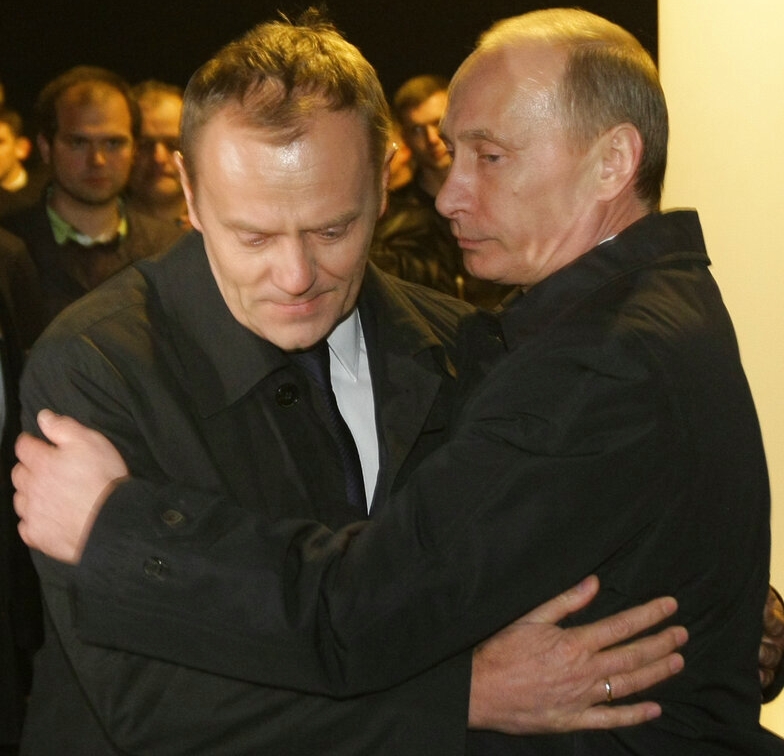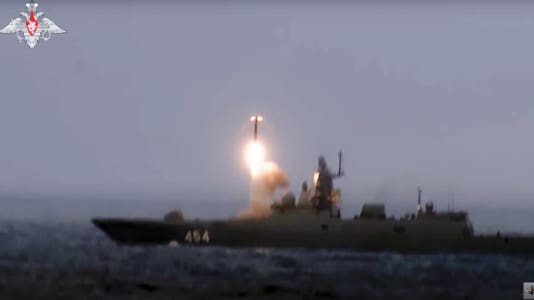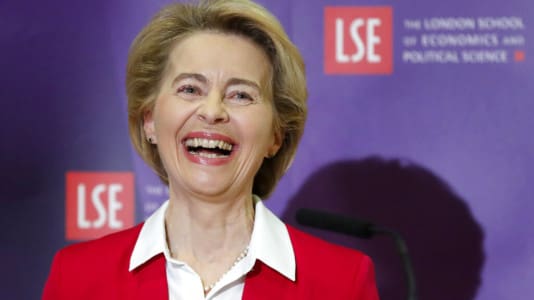Polish Prime Minister Mateusz Morawiecki hit back against Donald Tusk’s criticism of the prime minister speaking at a rally of the Vox party in Spain by reminding him about the liberal opposition leader’s record on Russia
Morawiecki was attacked by Tusk on Twitter for attending the rally of the Spanish conservative Vox party, accusing Morawiecki of talking nonsense about the EU as a “transnational beast” and said that Morawiecki had reached a new low.
The Polish prime minister hit back immediately, writing to Tusk on Facebook saying “It was your pro-German and thereby pro-Russian policies that were the cause for much champagne cork popping in the Kremlin.”
Morawiecki detailed Tusk’s record on Russia, saying that as Polish prime minister and then the president of the European Council, Tusk had done nothing to stop the German-Russian Nord Stream 2 gas pipeline or to change the EU’s policy on energy that would have prevented member states from becoming dependent on Russian gas.
He also noted that Tusk’s government had signed a contract for gas supplies with Gazprom and that the current opposition leader, when in government, attempted to woo Russia as an investor and argued that it should be accepted as “it is.”
Morawiecki said that what Tusk did in relation to Russia “was more than just a mistake, it was a crime.” He also asked Tusk to stop his attempts to whip up hatred in Poland and to explain why he had erred so much with his policies on Russia.
The Tusk government between 2007 and 2015 took its cue from U.S. President Barack Obama’s “reset” with Russia. As the Polish prime minister, Tusk visited Moscow and Vladimir Putin visited Poland in 2009.
Poland agreed for Russia to be the primary investigator of the Smolensk air disaster in which Poland’s President Lech Kaczyński, along with 96 other important Polish figures, died in 2010.
Russian Foreign Minister Sergey Lavrov was also invited to Warsaw to address a meeting of Polish ambassadors under Tusk’s tenure. Poland did shift its position after the Russian invasion of Ukraine in 2014, but Poland accepted German and French leadership in trying to de-escalate the conflict via the Normandy Format and the Minsk accords.






